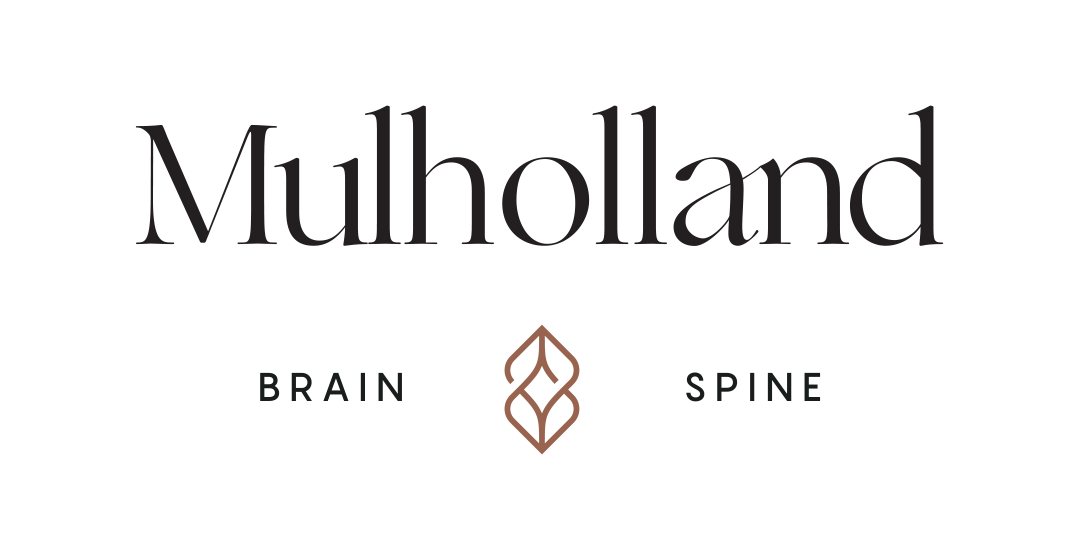Nutrition Tips to Improve Brain Health
Many of us are familiar with the excitement and satisfaction of a good meal. It is easy to infer that what we eat stimulates the brain and impacts our mood and mental health. Research shows that the food we consume also has a biological impact on the structural organ of the brain. Having a healthy brain protects against common mental illnesses such as depression and anxiety, while also preventing cognitive decline as we age, decreasing our risk for diseases like Alzheimer’s and Dementia.
Some guidelines for improving your brain health through nutrition are to improve your sources of fats and carbohydrates, add probiotics, and “eat the rainbow”.
Healthy Fats
Our brain is an organ that is about 70% fat tissue. The types of dietary fat we consume can either be helpful or harmful to the function of the brain. Omega-3 fatty acids are considered neuroprotective as they help to insulate the wiring in our brain so that messages fire at a faster speed. This is especially important as we age because this insulation (known as the myelin sheath) naturally deteriorates over time.
Some of the best dietary sources of omega-3 fatty acids are
Cold-water fatty fish such as salmon, mackerel, and herring.
Nuts and seeds, especially walnuts, chia seeds, and flax seeds.
It is recommended to consume fish at least once a week (here is an awesome salmon recipe) and adding chia seeds to oatmeal or sprinkling walnuts on top of salads and in baked goods.
High-Quality Carbs
By weight, our brain only makes up about 2% of our body mass, however, it uses up about 20% of the energy that we consume. Carbohydrates are the body’s main source of energy and so choosing high-quality carbohydrates is key to optimizing brain performance.
Consume whole grains, beans, lentils, and starchy vegetables like potatoes and corn.
You can also include minimally processed bread or pasta.
Limit or avoid simple carbohydrates such as refined flour and sugar.
Gut Health
The gut is also known as the “second-brain” due to the superhighway of information that flows along the gut-brain axis. The gut is where absorption of important brain building blocks occurs and even houses most of the body's stores of serotonin (a neurotransmitter that boosts mood). Thus gut-health is directly correlated with the health of our brain, and is heavily influenced by our nutrition choices.
Two keys to gut health are prebiotics and probiotic.
Prebiotics are fiber which is essential in gut health as our body does not actually digest it, rather it is food for all of the millions of bacteria that live in our gut. You can increase the amount of fiber in your diet by choosing whole grains, fruits, and veggies in your day.
Probiotics increase the number of bacteria that live in our gut and can be found in many fermented foods such as yogurt, sauerkraut, and kimchi. An increased number of diverse bacteria in your gut is related to decreased inflammation in the brain as well as weight management and a more robust immune system.
Eat the Rainbow
Colorful fruits and vegetables are full of chemical components called antioxidants and flavinoids. These both reduce free-radicals, which helps to lower inflammation. Inflammation in the brain is linked to cognitive decline and mood disorders, like depression. A variety of foods is beneficial as distinctive flavinoid subclasses are commonly found in different colors of fruits and vegetables. This variety is also beneficial to increasing the diversity of our gut by providing different types of prebiotic fibers.
Recap
Eat good quality fat and complex (high fiber) carbohydrates
Increase gut diversity through colorful plants and probiotics
Enjoy a happy brain that keeps thinking quickly for years to come!
Want to learn more about nutrition from Delaney? Check her out at chefdrd.com




